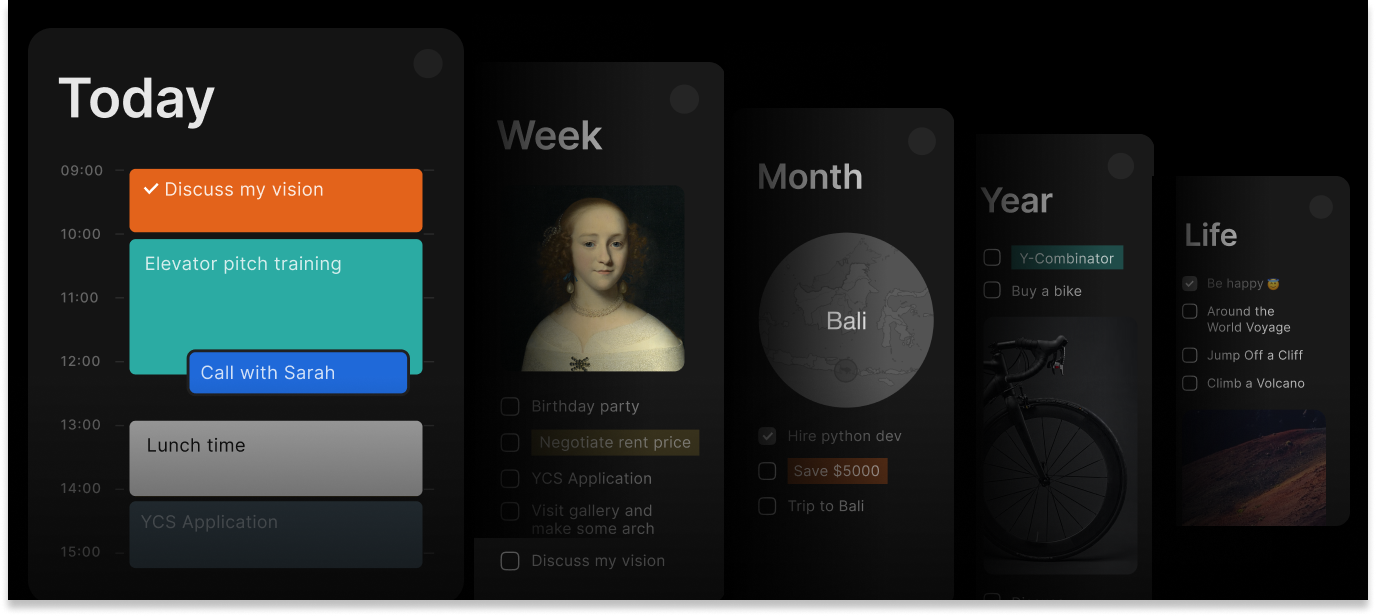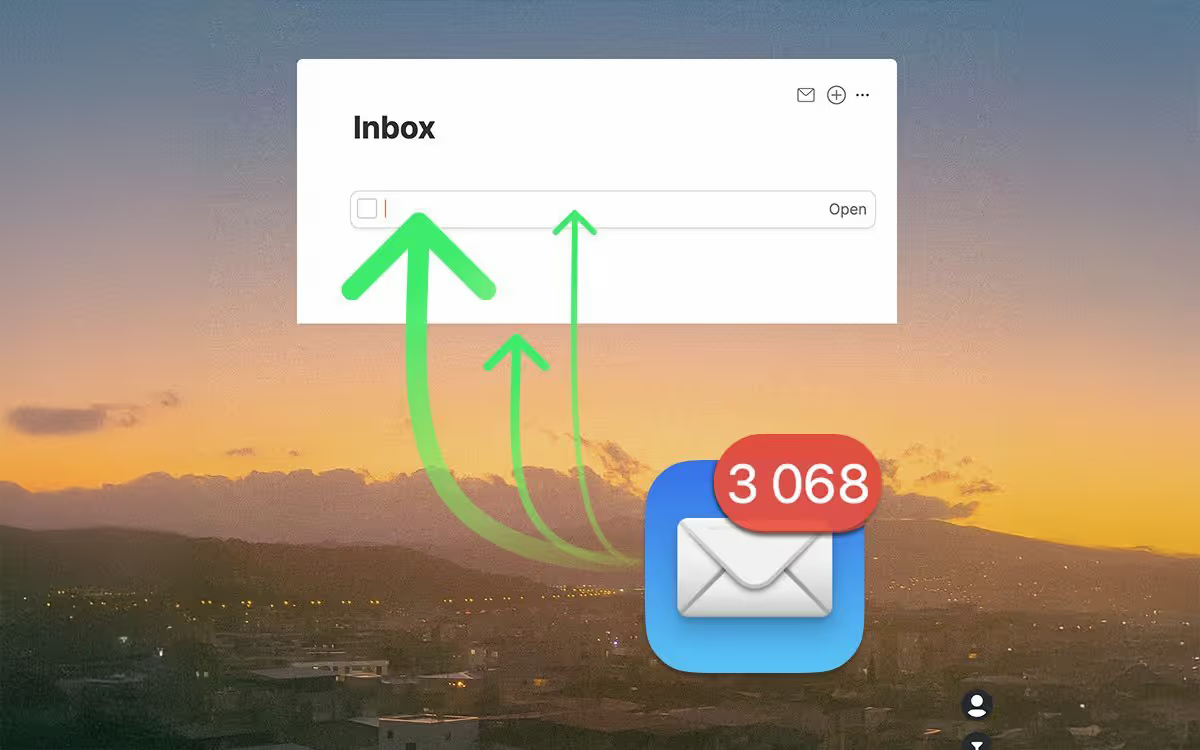How to Reward Yourself for Success: The Complete Guide to Healthy Self-Celebration

Celebrating achievements is more than just treating yourself after hard work. It’s a powerful psychological tool that can fuel your motivation, reinforce positive habits, and keep you moving toward bigger goals. But not all rewards are created equal. Some boost your drive and well-being, while others can drain your wallet or undermine your intrinsic motivation. In 2025, as the culture of “treat yourself” reaches new heights, learning how to reward yourself the right way has never been more important.
Why Rewarding Yourself for Achievements Actually Works
The science behind self-rewards runs deep. When you celebrate success (even small wins), your brain releases dopamine, creating a powerful connection between effort and pleasure. This neurochemical reward system is what helped our ancestors survive and what drives modern motivation.
The psychology of self-reward includes:
- Dopamine release that reinforces positive behaviors
- Enhanced memory formation around achievements
- Increased motivation to tackle future challenges
- Building confidence through recognition of progress
Research shows that people who regularly celebrate their wins are more likely to maintain long-term motivation and achieve their goals. The key is choosing rewards that align with your values and support your overall well-being.
The Benefits of Celebrating Success
When done thoughtfully, rewarding yourself creates a positive feedback loop that enhances performance and satisfaction. Here’s how proper self-celebration benefits you:
Motivation and Goal Achievement
Self-rewards transform daunting tasks into achievable games. A writer promising themselves a movie night after hitting a word count goal makes the blank page less intimidating. For students, small incentives for completing assignments build discipline and create sustainable study habits.
Progress Recognition and Confidence Building
Rewards mark invisible progress on long-term goals. A marathon runner buying new shoes after months of training isn’t just spending money (they’re honoring their dedication). These moments anchor achievements in memory, boosting confidence for the next challenge.
Stress Relief and Burnout Prevention
In high-pressure environments, rewards act as essential pressure valves. With work-from-home boundaries blurred and gig economy demands intensifying, strategic self-rewards (like streaming a favorite show after meeting a deadline) provide crucial mental resets that prevent burnout.
The Dark Side: When Self-Rewards Backfire
Not every reward serves your best interests. Understanding the potential downsides helps you avoid common traps:
Eroding Intrinsic Motivation
Over-relying on external rewards can diminish internal drive. If you only work for treats or bonuses, the joy of learning and creating may fade. The activity becomes a means to an end rather than something valuable in itself.
Financial Strain from Reward Spending
Big-ticket celebrations for major milestones sound appealing, but they can stretch budgets dangerously thin. A new graduate buying an expensive watch to celebrate their degree might face credit card stress later. Even small frequent rewards (daily coffee runs for completing emails) add up quickly.
Mismatched Rewards and Guilt
Rewards can backfire when they conflict with your goals. Celebrating a workout with cake creates internal conflict. Similarly, buying designer items to impress others rather than for personal joy leads to fleeting satisfaction followed by buyer’s remorse.
Reward Inflation and Diminishing Returns
Constant rewards risk desensitizing your brain’s dopamine response. If every small win triggers a purchase, the thrill diminishes, requiring bigger rewards for the same satisfaction. This escalation can trap you in an expensive cycle that undermines the very goals you’re trying to achieve.
How Companies Exploit Your Reward System

The culture of self-reward doesn’t exist in a vacuum. Companies deliberately shape it to drive profits:
Marketing That Mimics Personal Rewards
Coffee chains offer loyalty cards knowing that “free” drinks after ten purchases create addiction-like loyalty. Online retailers flash exclusive discount pop-ups, framing every purchase as a reward for smart shopping. Fitness brands gamify workouts with badges and streaks, turning exercise into a dopamine hit.
The “You Deserve It” Trap
Modern advertising weaponizes the reward mentality. Skincare ads suggest expensive serums as “gifts to yourself” after tough weeks. Credit card companies push points systems where every swipe feels like earning future treats (even as interest accumulates). In 2025, personalized ads hit harder, nudging consumers toward purchases framed as deserved wins.
This corporate hijacking isn’t inherently evil, but it often prioritizes profit over your well-being. “Treat yourself” campaigns rarely mention the long-term costs of impulse buying or the fleeting nature of material satisfaction.
How to Reward Yourself the Right Way: 7 Proven Strategies
Transform your reward system from a potential liability into a powerful growth tool with these evidence-based approaches:
1. Choose Experiences Over Things
Concert tickets or hiking trips with friends create lasting joy compared to gadgets that lose their shine. Experiences build memories and connections, not clutter. Research consistently shows that experiential purchases provide more sustained happiness than material ones.
2. Match Rewards to Your Goals
Align celebrations with your objectives. Fitness goal achieved? New workout gear makes more sense than sweets. Work milestone reached? A professional course might feel more fulfilling than an expensive gadget. This matching reinforces the behavior you want to continue.
3. Set Budget-Friendly Options
Effective rewards don’t require big spending. Free options like reading time, nature walks, or favorite playlists deliver joy without financial strain. Reserve significant purchases for truly major milestones to maintain their impact.
4. Practice Delayed Gratification
Instead of immediately buying something, pause to reflect on your achievement. Journal about the win, share it with friends, or simply savor the moment. This mindful approach often provides more satisfaction than instant purchases.
5. Limit Reward Frequency
Reserve celebrations for meaningful milestones to keep them special. Daily treats dilute their psychological impact, while weekly or monthly rewards feel genuinely earned and maintain their motivational power.
6. Focus on Health and Well-being
Choose rewards that support your overall wellness. Spa treatments, massage sessions, quality sleep accessories, or healthy meal delivery services align celebration with self-care.
7. Create Social Rewards
Share achievements with others. Team dinners after project completion, celebration calls with family, or posting wins in supportive communities create connection and amplify joy without material cost.
Healthy Ways to Celebrate Success Without Breaking the Bank
Smart self-reward doesn’t require big budgets. Here are practical, wallet-friendly celebration ideas:
Free Rewards That Feel Special:
- Take a guilt-free day off
- Sleep in without setting an alarm
- Have a phone-free evening
- Take a long bath or shower
- Watch sunrise or sunset
- Call someone you love
Low-Cost Meaningful Rewards:
- Buy flowers for yourself
- Try a new coffee shop
- Get a library book you’ve wanted to read
- Take public transport to somewhere new
- Buy ingredients for a special meal
- Get a single piece of high-quality chocolate
Investment Rewards for Major Wins:
- Professional course or workshop
- Quality tools for your craft
- Health and wellness services
- Home improvement that brings daily joy
- Travel experiences (planned and budgeted)
Building Your Personal Reward System
Creating a sustainable reward system requires intentionality. Consider these steps:
Audit Your Current Rewards
List how you currently celebrate wins. Are they helping or hurting your goals? Do they align with your values? Are they financially sustainable?
Define Your Values-Based Rewards
What kind of person do you want to become? Choose rewards that reinforce that identity. If you value creativity, reward achievements with art supplies or museum visits. If you prioritize health, celebrate with fitness gear or nutritious treats.
Create Different Reward Tiers
Small wins deserve small rewards. Medium achievements merit moderate celebration. Major milestones justify bigger investments. This tiered approach prevents reward inflation while ensuring appropriate recognition.
Track What Works
Pay attention to which rewards genuinely motivate you and which fall flat. Everyone responds differently to various incentives. Build your system around what actually drives your behavior.
The Psychology of Sustainable Self-Celebration
The most effective reward systems support long-term growth rather than short-term pleasure. They:
- Reinforce intrinsic motivation rather than replacing it
- Align with your broader life goals and values
- Create positive associations with effort and growth
- Build sustainable habits rather than dependencies
- Support your financial and emotional well-being
When you reward yourself thoughtfully, you’re not just celebrating past achievements. You’re programming your brain for future success, creating positive feedback loops that make challenging goals feel achievable and worthwhile.
Finding Your Reward Rhythm in 2025
The culture of self-reward is a double-edged sword. Used wisely, it becomes a powerful engine for motivation, turning goals into games and effort into joy. But lean too heavily on material rewards or fall for corporate manipulation, and you risk undermining the very success you’re trying to celebrate.
In 2025, where every advertisement screams “you deserve it,” the real skill lies in discerning which rewards truly serve your growth and which merely serve corporate profits. The most successful people aren’t those who reward themselves most expensively, but those who celebrate most meaningfully.
Your next achievement is coming. How will you honor it in a way that fuels your next victory rather than undermining it? The choice is yours, and it matters more than you might think.
Read next

Don't wait until it's too late
Start building a healthy work environment with Timestripe today!
Get Started

